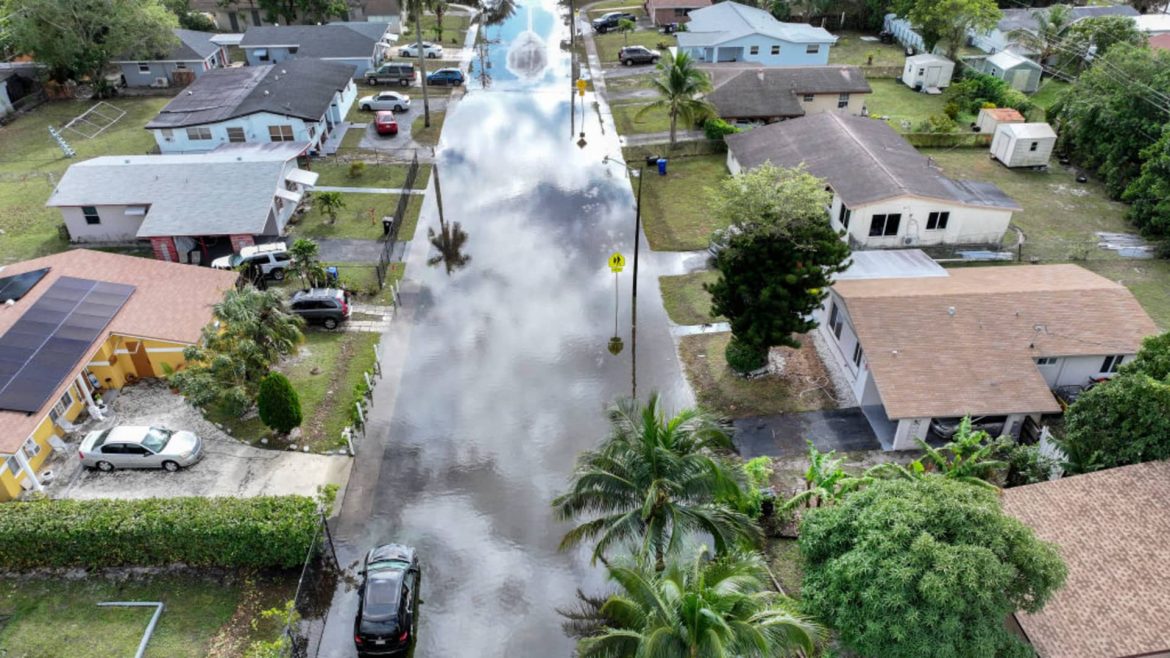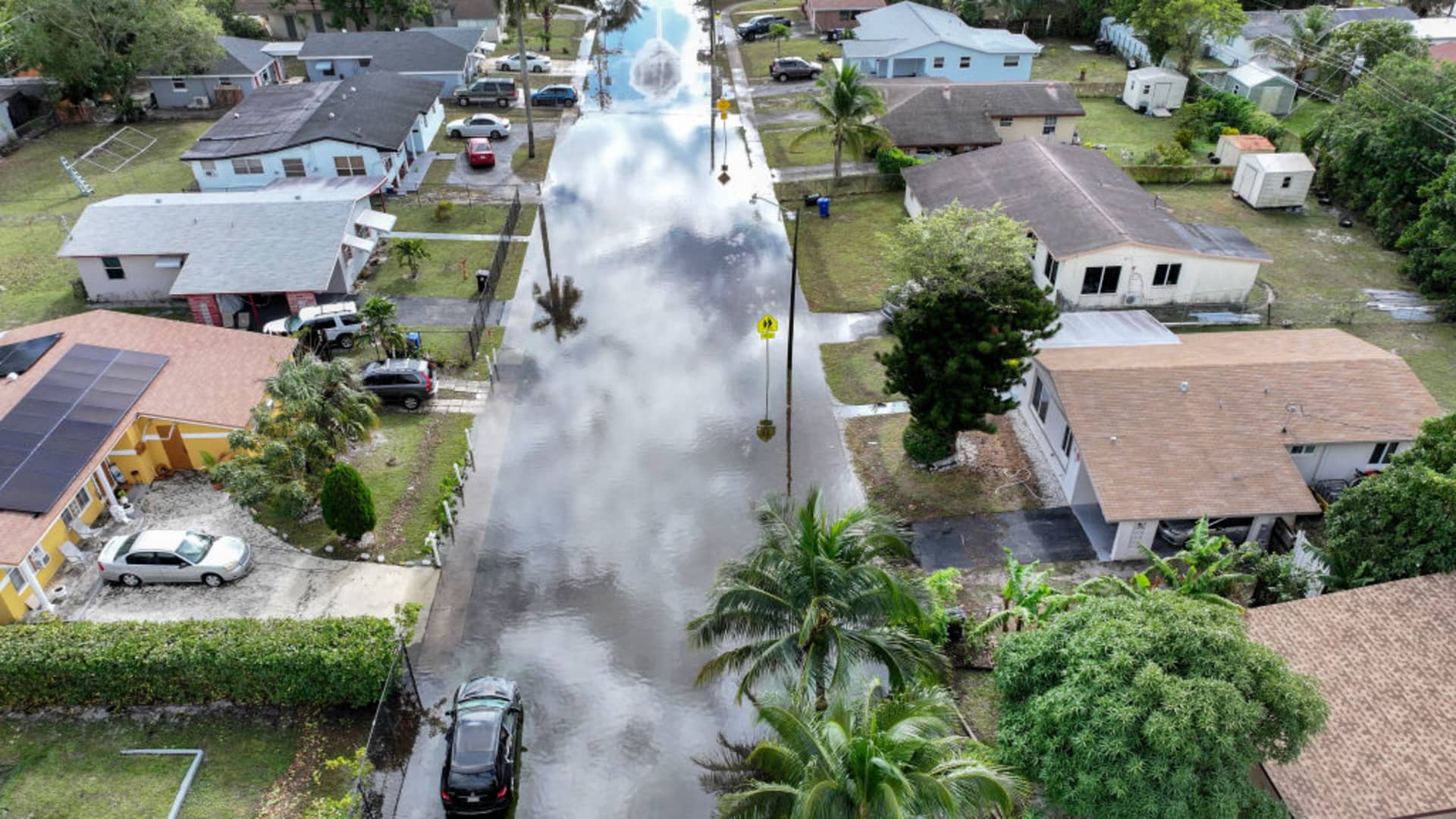Climate Change and Its Emerging Role in Mortgage Creditworthiness
The intertwining of climate risk and financial health is becoming an inescapable reality, especially for prospective homebuyers and mortgage lenders. Recent analyses reveal that climate change is poised to reshape traditional assessments of creditworthiness, potentially altering mortgage approval processes and borrowers’ credit scores. This report delves into how climate factors are increasingly recognized as critical components affecting home loan risks, mortgage defaults, home values, and credit scores.
The Nexus of Climate Risk and Mortgage Lending
Traditionally, creditworthiness has been based on factors like income, debt levels, credit history, and employment stability. However, the rising frequency and severity of climate-related disasters—such as floods, wildfires, hurricanes, and extreme weather—are exposing additional financial vulnerabilities. A climate risk financial modeling firm, First Street, has delivered groundbreaking research suggesting that exposure to these climate hazards should be factored into mortgage underwriting decisions.
Climatic Events as Drivers of Mortgage Risk
Extreme weather events have directly destabilized housing markets in affected regions. As Jeremy Porter, head of climate implications for First Street, explains, these impacts extend beyond those directly hit by disasters; the financial reverberations can ripple through the wider mortgage system. The effects materialize as localized spikes in mortgage defaults, forcing lenders to incur losses.
First Street estimates weather-related foreclosures could culminate in $1.2 billion in lender losses, predominantly in high-risk states such as California and Florida, where wildfires and hurricanes are commonplace. This mounting data accelerates lenders’ interest in embedding climate risk evaluations into credit assessments.
How Climate Risk May Affect Individual Credit Scores
While credit scores traditionally reflect an individual’s financial behavior and debt management, emerging models propose including geographic and environmental risk factors. How would this manifest for a consumer?
– Credit Score Decrease: If a prospective homeowner’s property is located in an area with a high forecasted risk of climate disasters — such as flood-prone zones or wildfire-prone regions — their credit score could drop due to the heightened likelihood of property damage and mortgage default.
– Credit Score Increase: Conversely, residing in low-risk areas with minimal exposure to climate hazards might enhance creditworthiness, possibly improving credit scores by demonstrating lower risk.
By incorporating climate risk into underwriting, lenders aim to better price mortgage products reflective of actual long-term risks. However, this could also translate into higher borrowing costs for buyers in high-risk areas, as lenders seek to hedge against potential losses.
Impact on Home Values and Insurance Costs
Beyond credit scores, climate change is influencing the very value of homes. Properties in vulnerable regions often face price depreciation due to the increased risk of damage and difficulty in securing affordable insurance. Rising costs of home insurance, driven by growing claims related to extreme weather, add to homeowners’ financial burdens.
These dynamics create a feedback loop: higher insurance premiums and declining property values can elevate the probability of mortgage default, which in turn increases lender risk. Financial modeling must therefore also consider these interconnected factors to ensure mortgage lending remains stable and fair.
Challenges and Broader Implications
The integration of climate risk into mortgage lending faces several challenges:
– Data and Modeling Complexity: Accurately assessing localized climate risk over a 30-year mortgage horizon requires sophisticated models that account for evolving environmental trends and mitigation efforts.
– Uncertainty in Risk Transfer: With climate change adding unpredictability, avenues for transferring credit risks, such as through insurance or securities, may become narrower or more expensive.
– Equity and Access Considerations: If credit scores are penalized based on geographic climate risk, residents in vulnerable but often economically disadvantaged areas could face heightened barriers to homeownership, exacerbating socio-economic disparities.
Despite these hurdles, ignoring climate risk is no longer tenable. Mortgage markets and consumers alike must adapt to this shifting landscape.
Preparing for a Climate-Conscious Mortgage Market
As climate considerations become integral to mortgage lending, prospective homebuyers may need to:
– Research local climate risk factors and resilience measures before purchasing.
– Factor in increased insurance premiums and possible rising borrowing costs.
– Explore options for homes in lower-risk areas, or those built with climate resilience in mind.
Lenders may develop new products that reward climate-conscious choices, incentivizing buyers to invest in safer properties and mitigation measures.
Conclusion: Climate Risk as a New Pillar of Creditworthiness
The convergence of climate science and financial risk assessment is redefining how creditworthiness is judged in the housing market. Climate change exposes vulnerabilities that can no longer be sidelined in mortgage lending decisions. As new evidence from firms like First Street illustrates, incorporating climate risk into credit scores and underwriting offers a more realistic picture of long-term financial risk—albeit with significant implications for borrowers, lenders, and housing affordability.
Navigating this shift will require transparent data, innovative financial products, and careful attention to equity, ensuring that credit markets fruitfully adapt to the realities of a warming planet without unfairly penalizing vulnerable populations. For anyone seeking to buy a home, understanding the climate fingerprint on mortgage creditworthiness will soon be as crucial as income verification or credit history checks.





